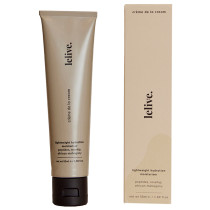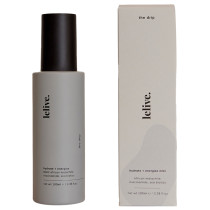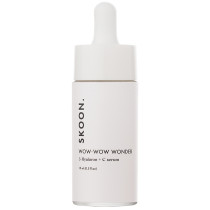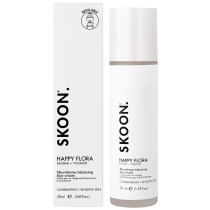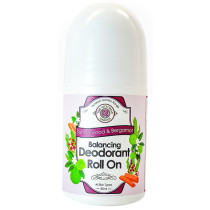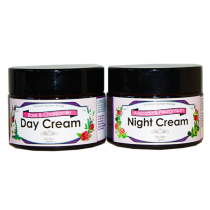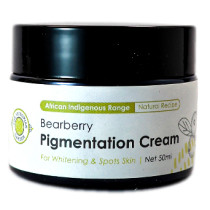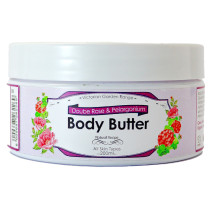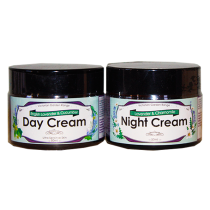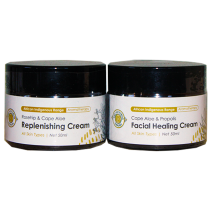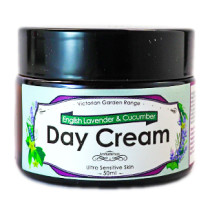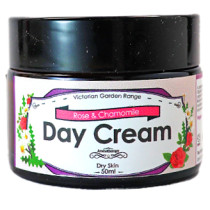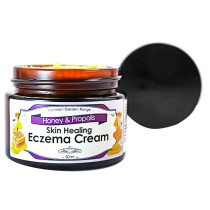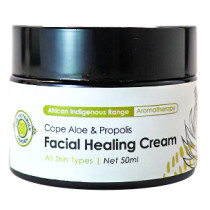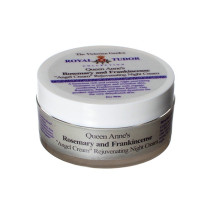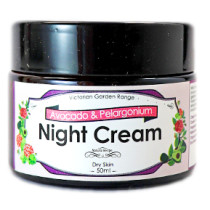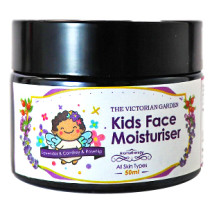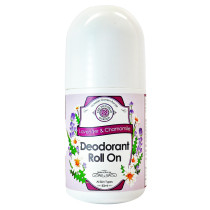Pentylene Glycol
emulsifier
Pentylene Glycol
Other Name(s):
1,2-Pentanediol; CAS# 5343-92-0

Pentylene Glycol can be made from both plant-based, agricultural byproducts (such as sugarcane bagasse, corn cobs, and sugar beet pulp) but it can also be derived synthetically from petrochemicals.
Is Pentylene Glycol Faithful to Nature?
Depends.
Pentylene Glycol is a safe ingredient and is not suspected or classified as being harmful to the environment. It can be made using natural or petroleum based raw materials.
Benefits: Why is Pentylene Glycol Used?
Effective Humectant
Pentylene Glycol holds onto moisture, preventing skincare products from drying out.
Naturally Preserving
Pentylene Glycol is antimicrobial and reduces the need for a preservative agent.
Gentler Alternative
Pentylene Glycol is a non-sensitizing alternative to propylene glycol.
Great Moisturiser
Pentylene Glycol due to its humectant properties has the ability to bind moisture into the skin, making it appear plumper and healthier.
Pentylene Glycol is used in body & beauty products ranging from hydrating serums, facial moisturisers, foundations, body butters, mascara and much more.
Natural Pentylene Glycol is made using proprietary techniques but is made using agricultural waste, and can therefore be considered eco-friendly compared to similar ingredients.
Pentylene Glycol is effective against both gram-positive and gram-negative bacteria, and is even able to prevent the growth of pathogenic yeast.
COSMOS approved variants of pentylene glycol are not made using the harmful carcinogen: ethylene oxide.
Notice: The information provided here is not intended as medical advice and is for educational purposes only.


